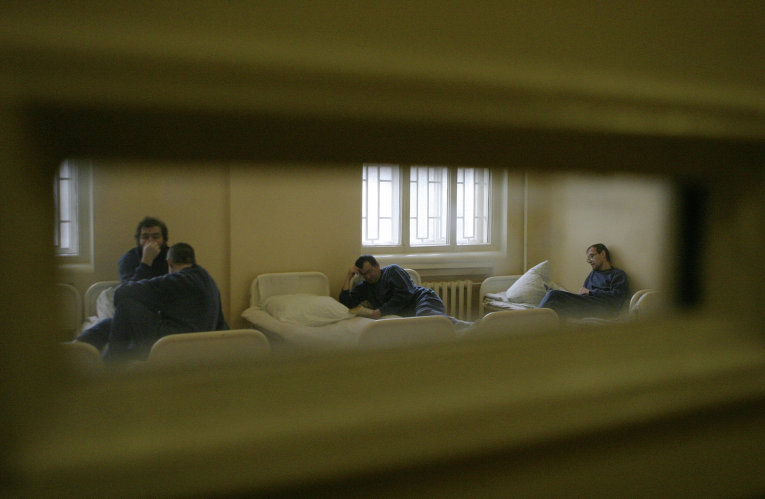MOSCOW, February 27 (RAPSI) – The European Court of Human Rights (ECHR) held on Thursday that the rights of a young man with schizophrenia were violated in connection with his stay in a psychiatric ward in the Russian city of Kazan.
According to the judgment, applicant Ilya Korovin was arrested in June 2009 on a drug-related charge. The following month, a psychiatric evaluation revealed that he was schizophrenic, which required compulsory psychiatric treatment.
In December of that year, Korovin was relieved of criminal responsibility for the offense based on the local court’s finding that he was mentally incapacitated. The court, however, ordered him to undergo compulsory psychiatric treatment.
He underwent compulsory psychiatric treatment between June and December 2010, and between July 2011 and December 2012, according to a statement accompanying the judgment.
Korovin and his mother complained to the ECHR that he endured abysmal conditions while receiving treatment. According to the judgment: “The first applicant claimed to have been confined in a ward measuring 20 sq. m with between eleven to thirteen other mental health patients at one time, the majority of whom had suffered from severe psychiatric disorders accompanied with symptoms such as delirium and hallucinations. He claimed to have been confined to the ward for most of the day (except for approximately five hours when inmates were taken to eat, walk or watch TV).”
He further complained that there was neither a lavatory nor a sink in the ward, and that inmates were required to use a bucket in place of a toilet. The bucket, according to the judgment, was only emptied twice a day, resulting in strong odors. Inmates were only allowed to shower once every two weeks and letters he sent to his mother were opened and subject to censorship, Korovin asserted.
At one point, he was isolated and attached to his bed with physical restraints for 24 hours following an incident where he hit another patient, according to the judgment.
Korovin and his mother, Tatyana Korovina, complained to the ECHR that his detention in the hospital was in violation of Article 3 of the European Convention on Human Rights (Convention), which prohibits torture as well as cruel and inhuman treatment.
The complaint further alleged that violations of the right to a fair hearing, and to the right and respect for private family life, home, and correspondence, as guaranteed by Articles 6 and 8 of the Convention.
The Russian government informed the ECHR that action was taken to improve matters in connection with the present application. According to the judgment, a committee consisting of local prosecutors and federal health and consumer-rights services inspected the hospital in view of the complaint, and “[f]ollowing this inspection, which confirmed the applicant's allegations of overcrowding in the wards, the Russian Ministry of Public Health and Social Development granted 4,935,000 Russian roubles to extend building no. 3 of the hospital, so that an additional forty-four beds could be accommodated.”
The ECHR agreed that Korovin’s rights had been violated under all of the articles advanced by the applicants, ruling that Korovin should receive EUR 15,000, Korovina should receive EUR 7,500, and the pair should receive EUR 5,000 jointly to cover costs and expenses.



